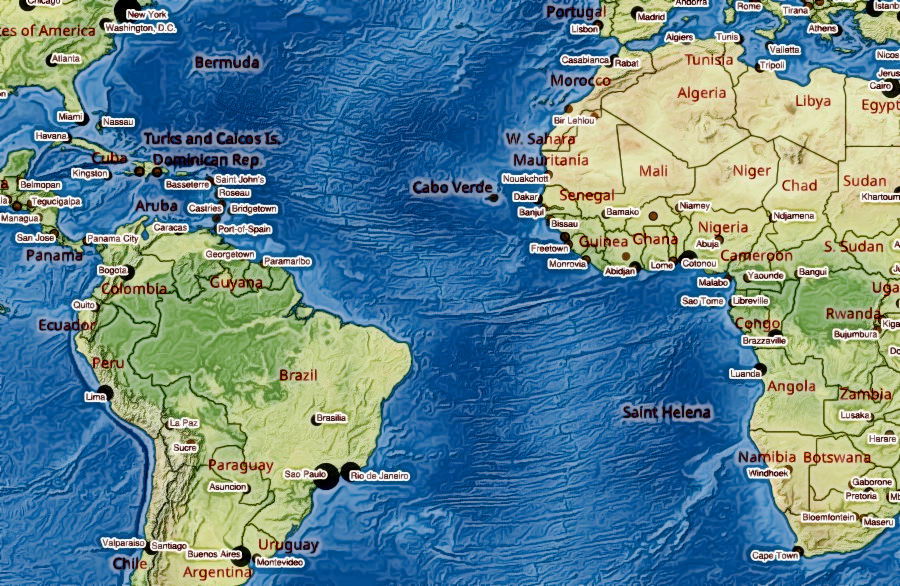Wegener and my mnemoconfusions

Among those memories that seem rather forgotten, I have the one of the gradual change of attitude towards Wegener's continental drift theory.
I had the impression that I thought came from my childhood that when talking about the formation of the earth, Wegener was mentioned with sarcastic comments such as that the continents float or that it was silly to find similarities in the edges of America and Africa, because after all, it was nothing more than a coincidence.
Now, however, and thanks to the fact that I have obtained a reprint of my primary book, I can see that this was not the case:
According to the hypothesis of the German scholar Wegener, many thousands of years ago there was only one continental mass. Due to the rotational motion of the earth, this mass was fragmented, and the displacement of the resulting pieces gave rise to the present continents. This hypothesis is corroborated by the identity of the shapes of the western European and African coasts and the eastern coasts of America.
That's all it says, and there's really no satire to be seen there (unless it's seen in the "scholar" thing, which is rather a redundancy, because what scholar isn't German?).
So, rummaging in the most recondite of the brain hemispheric convolutions (which is a lot of rummaging) it seems to me that the mockery of Wegener does not come from primary school but from secondary school, where more than having, we suffered a teacher who knew the same about geography and related subjects as a current high school graduate (i.e.: nothing).
No wonder I had forgotten. A quick check tells me that Alfred Wegener (1880-1930) was not the first to notice the similarity in continental profiles, but he was the one who developed the idea with something more substantial.
Apparently the trigger for his interest was an observation he saw in a book while in Marburg in 1911, which reported identical plant fossils found on opposite sides of the Atlantic. The theory of the time to explain this was that of intercontinental bridges.
From there, Wegener was gathering evidence for his theory that the continents are not where they always were (nor will they ever be). He published his book "The Origin of Continents and Oceans" in 1912, where the idea of Pangaea, a great original continent, although hypothetical, appears.
However, it was not until after the middle of the 20th century that his hypothesis was universally accepted. The main difference with current conceptions is that now it is not only the continents that are considered but the so-called tectonic plates that include oceanic parts, which move slowly (thank God). I find it striking how in the term of a generation (mine, for more abundance) can change the conception of a whole world about anything.
The problem is that you always have to wait a generation.